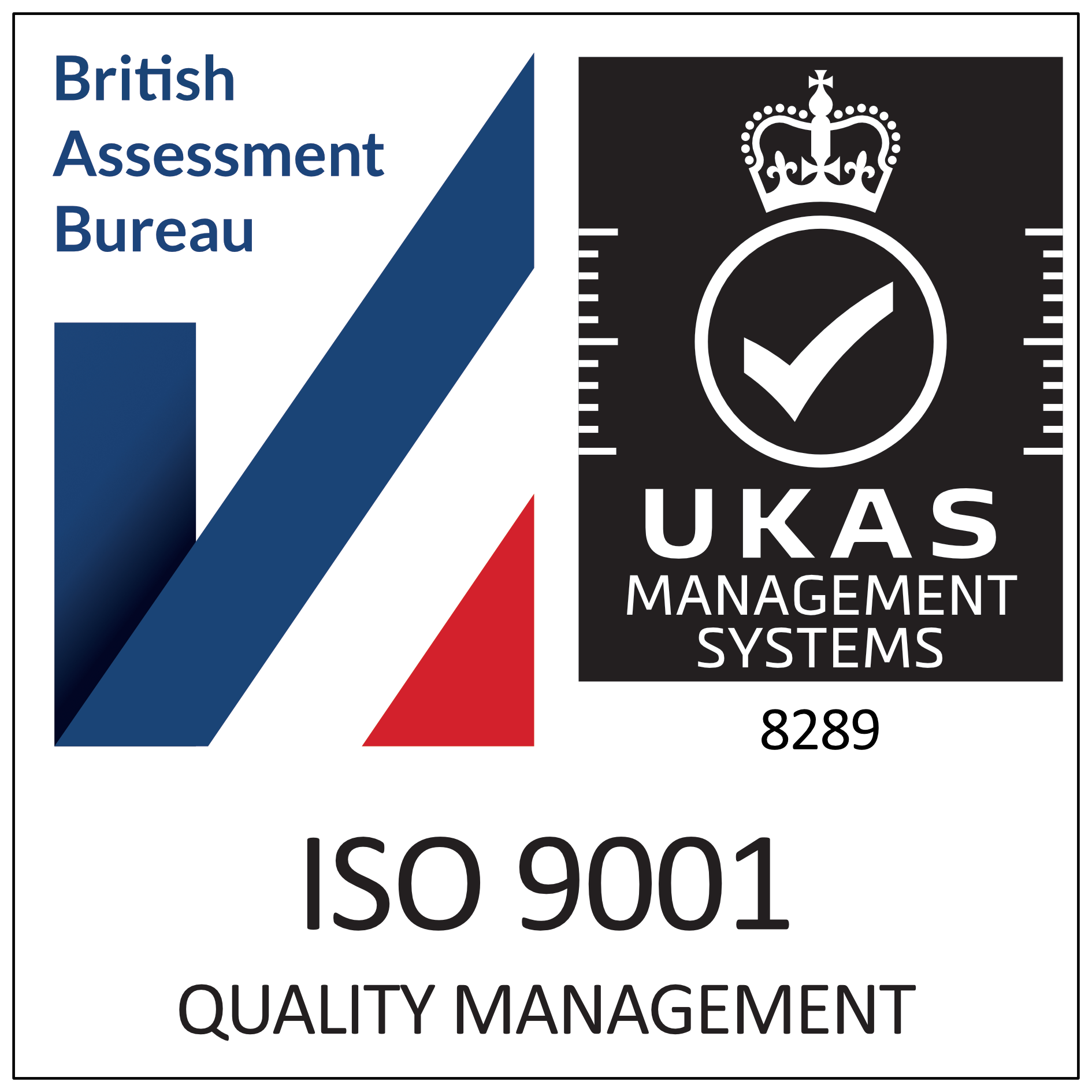In the ever-evolving field of healthcare, continuous professional development (CPD) is essential for nurses to maintain and enhance their skills, knowledge, and competencies. For nurses in the UK, CPD is not just a professional requirement but a critical component of delivering high-quality patient care and advancing in their careers. This article explores the importance of CPD for nurses, how it impacts their practice, and the resources available to support their ongoing learning journey.
Why Continuous Professional Development Matters
CPD is crucial for nurses as it ensures they remain up-to-date with the latest medical advancements, clinical practices, and regulatory requirements. Here are some key reasons why CPD is so important:
1. Ensuring High Standards of Patient Care
Healthcare is a rapidly changing field, with new treatments, technologies, and protocols emerging regularly. CPD helps nurses stay informed about these changes, ensuring they can provide the best possible care to their patients. By engaging in CPD, nurses can refresh their existing knowledge and acquire new skills, leading to improved patient outcomes.
2. Meeting Regulatory Requirements
In the UK, CPD is a mandatory requirement for nurses as part of their registration with the Nursing and Midwifery Council (NMC). The NMC requires nurses to complete 35 hours of CPD over three years as part of the revalidation process. This ensures that nurses remain competent in their practice and continue to meet the standards set by the NMC. Failure to meet CPD requirements can result in a nurse being unable to renew their registration, impacting their ability to practise.
3. Enhancing Career Opportunities
CPD is not only about maintaining competence but also about advancing one’s career. By engaging in CPD, nurses can develop new areas of expertise, take on more specialised roles, and even progress into leadership positions. For example, nurses interested in areas such as critical care, mental health, or paediatrics can pursue CPD courses that deepen their knowledge and open up new career pathways.
4. Boosting Professional Confidence
Keeping up with the latest developments and acquiring new skills through CPD can significantly boost a nurse's confidence in their professional abilities. This confidence translates into better decision-making, improved patient interactions, and a more fulfilling career. Nurses who engage in CPD are also more likely to feel motivated and committed to their profession, contributing to higher job satisfaction and lower burnout rates.
5. Supporting a Culture of Lifelong Learning
CPD fosters a culture of lifelong learning within the nursing profession. It encourages nurses to take ownership of their professional growth and remain curious and engaged throughout their careers. This culture of continuous learning is essential for adapting to the challenges and opportunities in modern healthcare, ultimately benefiting both nurses and the patients they care for.
Resources for CPD in the UK
Nurses in the UK have access to a wide range of resources to support their CPD. These include:
1. Online Courses and E-Learning
Many organisations, including the NHS, offer online CPD courses that nurses can complete at their own pace. These courses cover various topics, from clinical skills to leadership development, making it easier for nurses to find learning opportunities that suit their needs.
2. Workshops and Seminars
Attending workshops, seminars, and conferences is another valuable way for nurses to engage in CPD. These events provide opportunities to learn from experts, network with peers, and stay informed about the latest trends in healthcare.
3. Reflective Practice
Reflective practice is an integral part of CPD, allowing nurses to critically evaluate their experiences and identify areas for improvement. Writing reflective accounts, participating in group discussions, and seeking feedback from colleagues are all effective ways to engage in reflective practice.
4. Mentorship and Coaching
Mentorship and coaching are powerful tools for CPD, offering personalised guidance and support from experienced professionals. Nurses can benefit from the insights and advice of their mentors, helping them navigate their career development and overcome challenges.
Conclusion
Continuous professional development is a cornerstone of nursing practice in the UK. It ensures that nurses remain competent, confident, and capable of providing high-quality care in a rapidly changing healthcare environment. By engaging in CPD, nurses can not only meet regulatory requirements but also enhance their career prospects, contribute to a culture of excellence, and ultimately improve patient outcomes.
For nurses looking to take their careers to the next level, embracing CPD is the key to unlocking their full potential.



